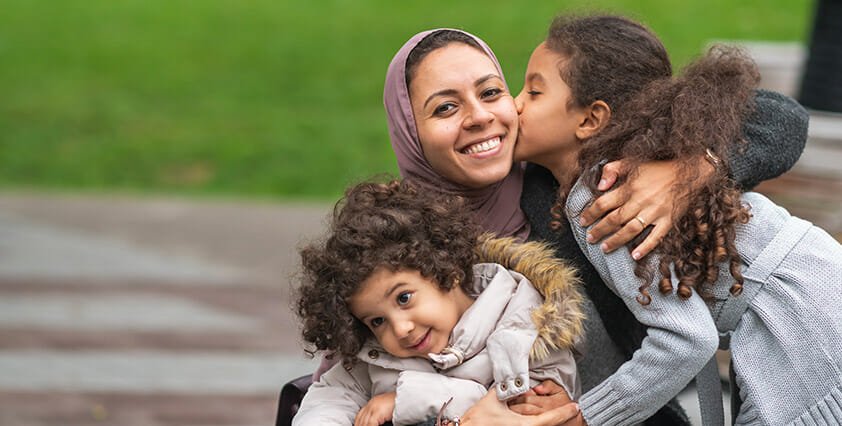Making an impact on your life, family, and career
We have a long history of representing individuals and families in immigration matters. We take the necessary time to understand the specific situation and then work with you to find the best solution. With our decades of experience and strong relationships with local immigration offices, we will be certain that every avenue is pursued. Whether a case is routine or challenging, we pride ourselves on our ability to make an impact on your life, your family, and your career.

Naturalization
Our nation has long been a beacon of hope and opportunity for people from around the world, and we know that new Americans contribute to our society at all levels.We consider it an honor to work with you through the naturalization process. We help ensure you are on the right path by:
- Reviewing derivative citizenship possibilities;
- Evaluating all the facts – perhaps you are already a U.S. citizen;
- Determining if you are eligible to apply for naturalization;
- Identifying any roadblocks to citizenship before applying;
- Determining whether you qualify for certain exceptions and modifications to the naturalization requirements;
- Preparing the application, monitoring progress, and making sure you are prepared for the interview, including the English and civics tests; and
- Resolving passport issues.

Family-based immigrant visas
There are a number of ways to obtain lawful permanent residence through family members. It’s not always clear what immigrant visa category applies, or what process to follow after it is determined that you may be eligible for a green card. We work by your side to choose the right path, and we ensure an easy, cost effective process to get your petition approved and your visa granted as quickly as possible.Immediate relatives of U.S. citizens – F2A
This includes spouses, unmarried children under the age of 21, and parents of U.S. citizen petitioners age 21 or older.Other relatives of U.S. citizens – F1, F2B, F3, F4
This includes unmarried sons or daughters over the age of 21, married children of any age, and brothers and sisters of U.S. citizen petitioners age 21 or older.Certain relatives of lawful permanent residents
This includes spouses and unmarried children of green card holders.Certain special immigrants
This includes survivors of domestic violence, widowers of U.S. citizens, and others.Consular processing
If your loved one is not in the U.S., we will guide them through the process at the U.S. consulate abroad.Fiancé(e) visas – K-1
Not married yet? There are separate options to come to the U.S. on a fiancé(e) visa.


